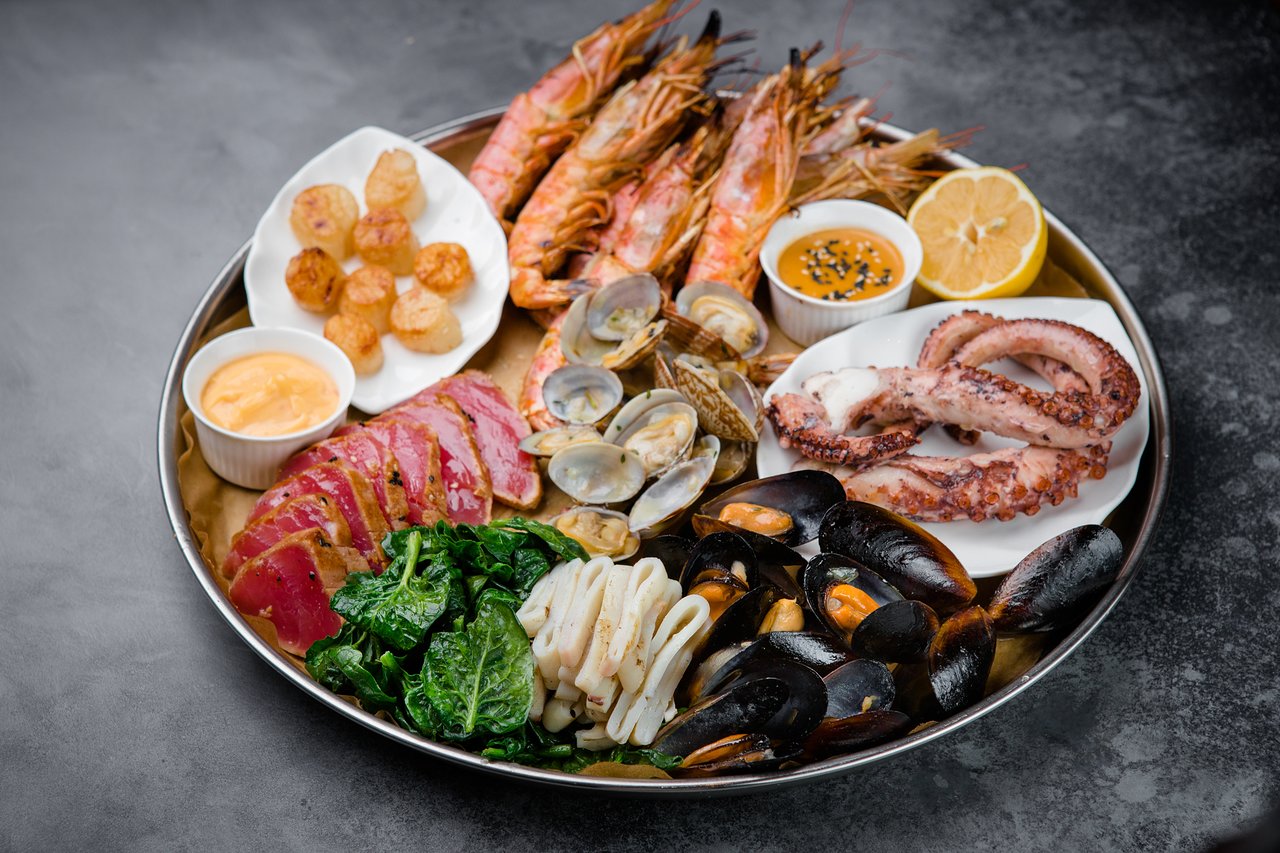
Plant-based Seafood is Rattling the Seafood Industry
Industrial fishing or fish farming is the most common method of obtaining seafood. Neither of these food production methods is sustainable, as they both have major environmental and ethical ramifications. Plant based seafood has grown in popularity in recent years as a more reliable and sustainable food source without compromising flavour. Here are a few things why plant based seafood is rattling the seafood industry.
Market overview
Recently, the global market for plant-based seafood developed at a CAGR of over 30%. Plant-based fish is a vegan substitute for seafood with a comparable colour, texture, look, and flavour. Plant protein isolates, soy, starch, vegetable extracts, edible oils, and other seasonings are commonly used to make it. These basic ingredients are then treated with chemicals and colouring agents to mimic fish, shrimp, crabs, and other seafood flavours and textures. Plant-based seafood products are environmentally sustainable since they help reduce high seafood consumption, relieving strain on dwindling fisheries throughout the world.

alternatives to popular seafood that delights even the most discerning of palates. Our flagship
product Ahimi is a plant-based alternative to raw tuna.
Plant-based seafood
Plant-based seafood has a big and urgent role in relieving pressure on our seas at this vital moment. It is also delectable, reasonably priced, environmentally friendly, very marketable, and readily available. Consider this: no mercury, no microplastics, making it suitable for persons with seafood allergies or those who are puzzled by the term sustainable. To date, fish fillets, seafood fingers, tuna, crab meat, and crumbed prawn/shrimp are commercially available plant-based seafood variations. A flaky texture can be achieved by combining peas, soy, chickpeas, and lentils. Konjac is also a popular element found in several plant-based kinds of seafood. Recipes abound on social media and alternative news/lifestyle channels for from-scratch food lovers, replicating the look and taste of the fish to a degree.
Plant-based seafood reports
According to a Global Data Report, plant-based seafood is predicted to be the next significant trend in plant-based protein. There is a good probability that unaccountable commercial fishing will become a stranded asset. Leading cultivated seafood firms are dedicated to working with the fish industry to provide a viable third choice to traditional seafood and a sustainable, viable path forward without sacrificing taste or ethics.

Why are companies creating plant-based seafood?
Plant-based meat and fish alternatives appeal to a growing number of people, from vegans to Flexitarians to individuals who eat meat but occasionally switch to plant-based alternatives. Fish substitutes are not as common as beef and chicken substitutes, but the faux fish sector is fast expanding. Customers in this market desire diversity, and they do not want to be limited to veggie burgers all of the time. Given these factors, companies decided that the crabless cakes and fishless fillets would fit the menu. Real fish and these alternatives are nutritionally equivalent. And however, plant-based protein has slightly higher carbohydrate content and lower protein content.
Closing thought
The growing interest in and support for plant-based meat alone and the alternative protein spectrum appears to be an inevitable trend. Plant-based and cellular seafood will play an important role in this. The plant-based fish sector is small compared to the faux meat market, but it is developing fast as customers reduce their influence on the oceans.




